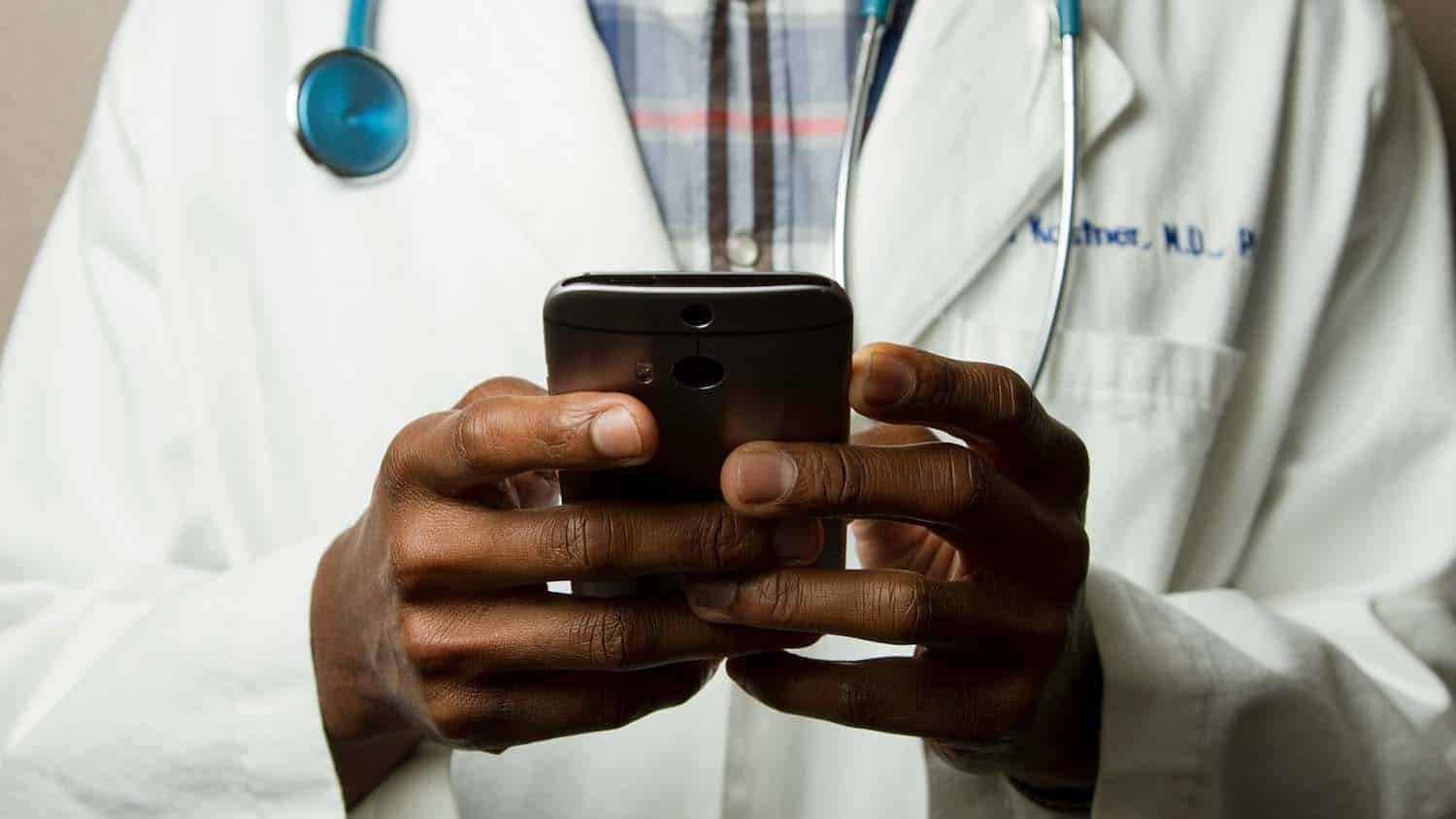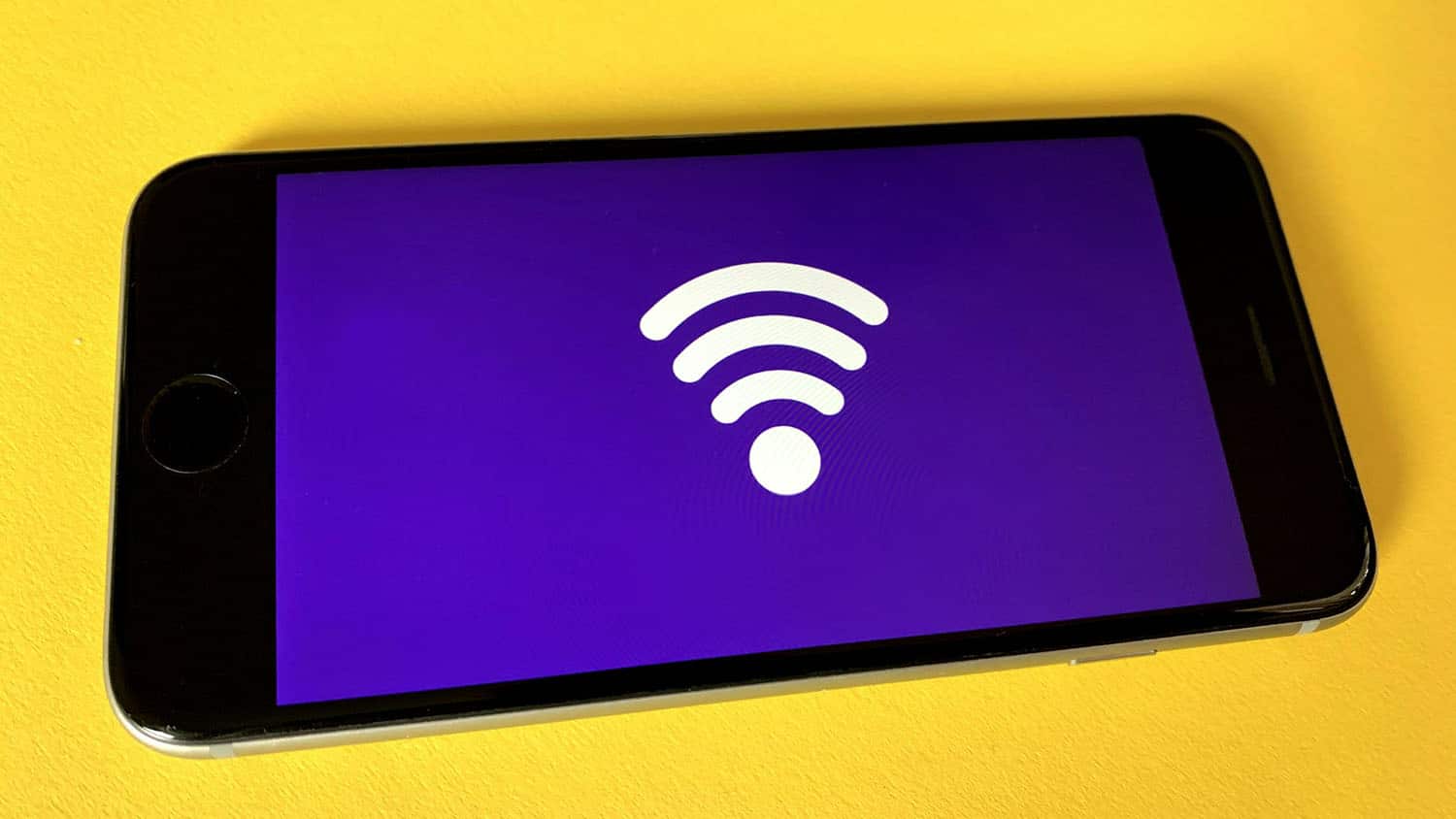What You Do and Don’t Know About Racial Inequities in Health Care Can Hurt You

For Immediate Release
A new study finds that the extent to which people understand existing racial inequities in access to health care can have an effect on how white and Black people view their own health. The finding has ramifications for how we understand self-reported health findings, and underscores the extent to which a lack of awareness regarding racial inequities can have adverse effects for both Black and white populations.
At issue is the fact that Black people are less able to access health care in the United States than white people. This inequity is well established, but less is known about how awareness of this inequity affects the way people view their own health.
“We wanted to get a deeper understanding of how awareness – or lack of awareness – influenced how Black and white Americans assess their own health,” says Vanessa Volpe, corresponding author of a paper on the study and an assistant professor of psychology at North Carolina State University.
“This is important, in part, because self-assessments of health influence when people seek medical attention. It’s also important because self-assessments of health are widely used by researchers to get snapshots of health in various populations. And if those self-assessments are influenced by people’s understanding of health care inequities, it emphasizes the need to raise awareness of those inequities.”
For the study, researchers examined data from 6,449 non-Hispanic Black and white adults who participated in the American Health Values Survey in 2015 and 2016. Specifically, the researchers focused on the survey’s questions that related to how much study participants knew about racial inequities in health care access and self-reported assessments of their own health.
The study found Black participants who had an accurate understanding of health care inequities were 47% more likely to report having poorer health than Black participants who weren’t aware of the inequities.
On the other hand, white participants who incorrectly thought that white people had less access to health care than Black people were 36% more likely to report having poorer health compared to other white study participants.
The findings for both Black and white participants held true even when accounting for age, sex, education, income, health insurance coverage and how long it had been since their last medical checkup.
“Accurate awareness of health care inequities is important, but it also places an additional burden on Black individuals that can cause unnecessary stress,” Volpe says. “The study suggests that inaccurate awareness is also harmful to white individuals; they are not only bearing a stressful burden, but doing so based on their misunderstanding. They’re not at a disadvantage relative to Black people, but they think they are, and that appears to be harming their health.
“The work underscores the ways racial inequity in health care can have adverse effects across populations, and highlights the need to address that inequity in meaningful ways,” Volpe says. “For Black populations, our findings underscore the need for policy solutions aimed at improving access to health care. For white populations, the study suggests there is a need to raise accurate awareness, to both reduce unnecessary stress and to facilitate change aimed at reducing or eliminating inequity.
“Everyone benefits if we can be aware of the problem and work to achieve equity in access to health care,” Volpe says.
The paper, “Necessary, Burdensome, or Threatening? Awareness of Black-White Disparities in Healthcare Access and Self-Rated Health for Black and White Americans,” is published in the American Journal of Orthopsychiatry. The paper was co-authored by Perusi Muhigaba, a recent Ph.D. graduate from NC State; Julia Ross, a Ph.D. student at NC State; Courtney Thomas Tobin, an associate professor of community health at the University of California Los Angeles; and Donte Bernard, an assistant professor of psychological sciences at the University of Missouri.
The research was done with support from the National Institute of Minority Health and Health Disparities under grant K23MD016168-02; and the National Center for Complementary and Integrative Health, which funded the Michigan Integrative Well-Being and Inequality Training Program under grant R25AT010664.
-shipman-
Note to Editors: The study abstract follows.
“Necessary, Burdensome, or Threatening? Awareness of Black-White Disparities in Healthcare Access and Self-Rated Health for Black and White Americans”
Authors: Vanessa V. Volpe, Perusi B. Muhigaba and Julia M. Ross, North Carolina State University; Courtney S. Thomas Tobin, University of California Los Angeles; Donte L. Bernard, University of Missouri
Published: March 28, American Journal of Orthopsychiatry
DOI: 10.1037/ort0000740
Abstract: Awareness of racial healthcare inequities is one prerequisite to eliminating them. Although extant research has described awareness of racial healthcare inequities in the United States, the health impacts of such awareness on communities that are most impacted by these inequities remains unknown. Therefore, we examine associations between awareness of Black-White racial healthcare inequities and self-rated health for Black and White adults in the U.S. We used survey data from non-Hispanic Black and White participants (N = 6449) who responded to the national American Health Values Survey (2015-2016) to test associations between awareness of Black-White inequities in healthcare and self-rated health. Accurate awareness of healthcare inequities was associated with 47% higher odds of poorer self-rated health for Black individuals. Inaccurate awareness was associated with 36% higher odds of poorer self-rated health for White individuals. Accurate awareness may be adaptive, yet place an additional burden on Black individuals. Inaccurate awareness may harm White individuals’ health. Healthcare system changes and alleviation of racism-related stress may be preventive supports for the health of Black individuals. Accurate awareness should be a goal for White individuals, not only to prevent health risks, but to also facilitate structural change for racial equity.


